Introduction
The Ultimate Guide to Newfoundlands covers all you need to know about this gentle giant
- Discover Newfoundland traits, from their friendly nature to their impressive size
- Learn key tips on grooming, training, and feeding your Newfoundland for a happy life
- Understand the breed’s history and why they’re known as excellent water rescue dogs
- Explore if a Newfoundland’s temperament and care needs align with your family
1. Understanding the Newfoundland Breed
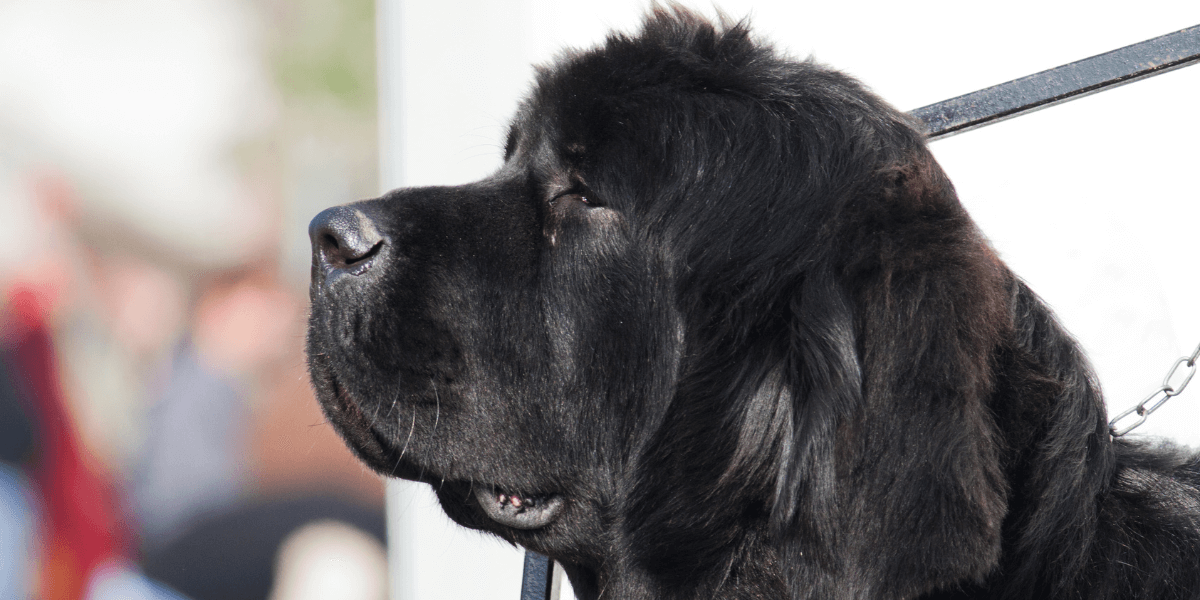
Newfoundlands originated from the coast of Newfoundland, Canada
Where they were bred as working dogs to assist fishermen
They are known for their strength, endurance, and excellent swimming
Here are some essential characteristics:
- Size: Adult males weigh between 130-150 pounds, while females range from 100-120 pounds
- Temperament: Calm, patient, and great with children, making them ideal family dogs
- Exercise: Moderate activity needs; enjoy swimming and daily walks to stay healthy and fit
- Lifespan: Newfoundlands typically live between 8-10 years
- Coat: Thick, water-resistant double coat that comes in black, brown, gray, or Landseer
These dogs are intelligent and eager to please
But they also require dedicated care due to their size and specific needs
2. Grooming a Newfoundland
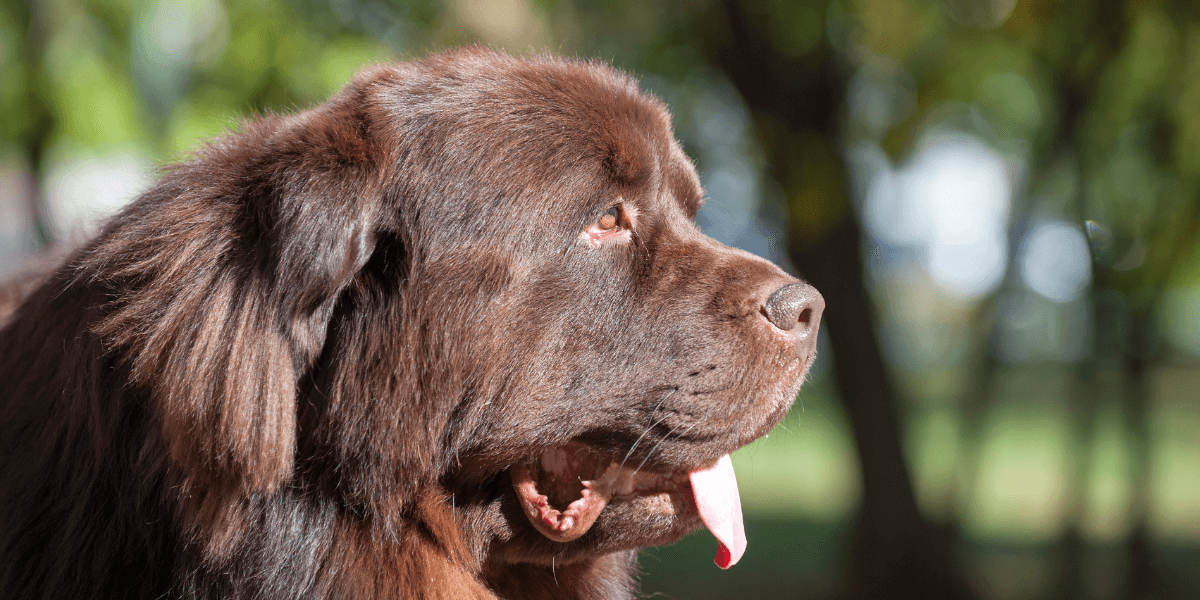
Grooming is one of the biggest challenges for Newfoundland owners
Their double coat is thick, water-resistant, and prone to matting without regular care
Here's how to keep their coat healthy:
- Brushing: Brush your Newfoundland at least three times a week to prevent matting
- Bathing: Bathe them every 6-8 weeks, or more often if they swim frequently
- Ear Care: Newfoundlands have floppy ears, which can trap moisture and lead to infections
- Nail Trimming: Trim their nails every 2-4 weeks
Proper grooming not only keeps your Newfoundland looking their best
But also prevents common skin problems
3. Keeping Your Newfoundland Active and Healthy
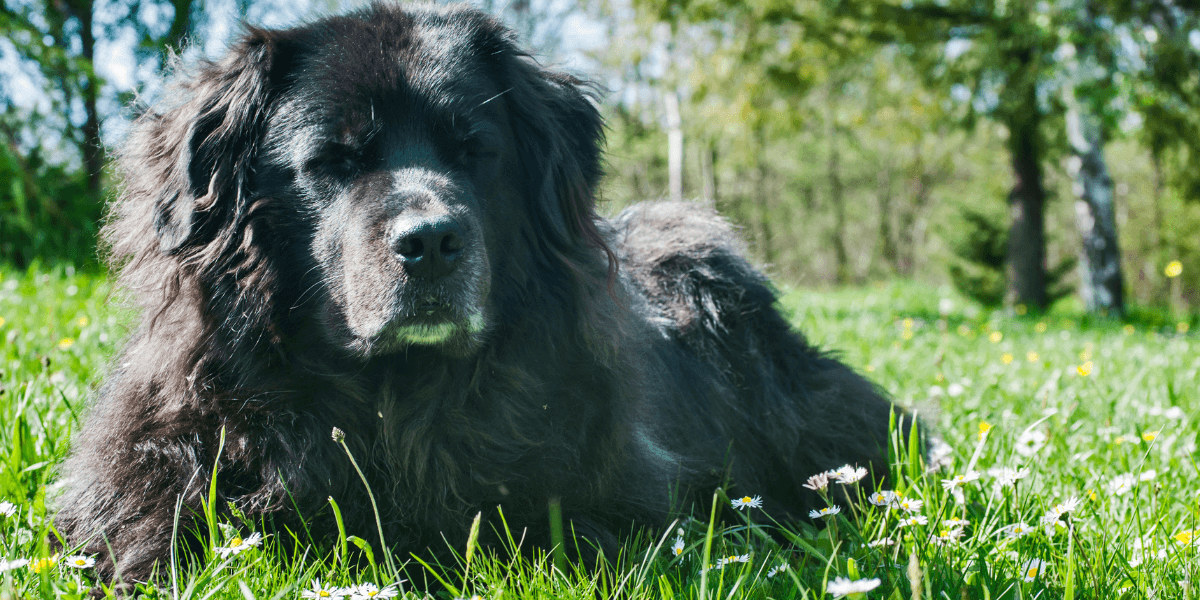
Despite their size, Newfoundlands are not overly active dogs
But they do require regular exercise to stay healthy
Here’s how to keep them fit:
- Daily Walks: Aim for 30-45 minutes of walking daily
- Swimming: Newfoundlands are natural swimmers and enjoy water activities
- Playtime: Engage them in interactive play sessions to keep their minds stimulated
Be mindful of overexertion, especially in hot weather
Due to their thick coat, they are prone to overheating
4. Diet and Nutrition Tips
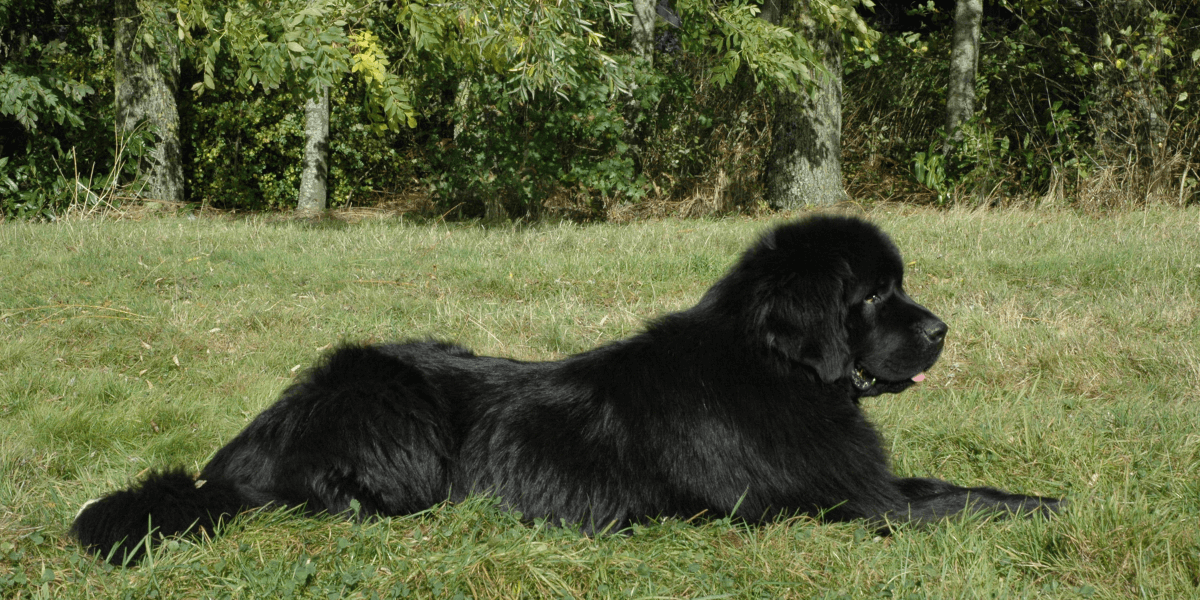
A balanced diet is crucial for Newfoundlands.
Particularly given their large size and potential for joint issues.
Here are some feeding tips:
- Quality Protein: Choose high-quality dog food with a primary protein source like chicken, beef, or fish
- Joint Supplements: Consider adding glucosamine and chondroitin supplements to support joint health
- Feeding Schedule: Split their daily food intake into two meals to avoid bloat
- Portion Control: Obesity is a concern with Newfoundlands
Consult your vet for specific dietary recommendations based on your dog’s age
5. Tips for Raising a Well-Behaved Companion
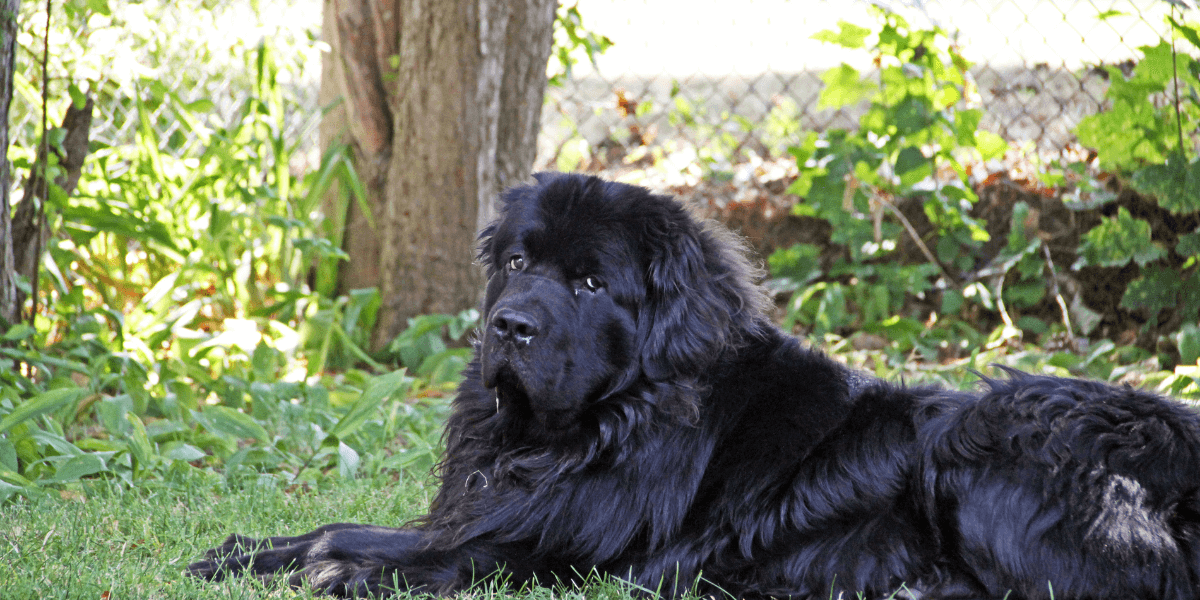
Newfoundlands are intelligent and eager to please, making them relatively easy to train.
However, their large size requires early obedience training and socialization.
Follow these training tips:
- Start Early: Begin training and socialization as soon as you bring your puppy home
- Positive Reinforcement: Use treats, praise, and rewards to encourage good behavior
- Consistency is Key: Be consistent with commands and rules to avoid confusion
- Focus on Leash Training: Given their size, leash training is essential to prevent pulling
A well-trained Newfoundland is a joy to be around, whether at home or in public settings
6. Health Issues to Watch For in Newfoundlands

Newfoundlands, like all breeds, have their share of health concerns.
Being aware of these issues can help you take preventive measures:
- Hip and Elbow Dysplasia: Common in large breeds, this condition can lead to arthritis
- Heart Conditions: Newfoundlands are prone to subvalvular aortic stenosis (SAS), a heart condition
- Bloat: A potentially life-threatening condition in large breeds
- Cystinuria: Ensure regular vet check-ups and maintain a diet that supports urinary health
7. Is a Newfoundland the Right Dog for You?
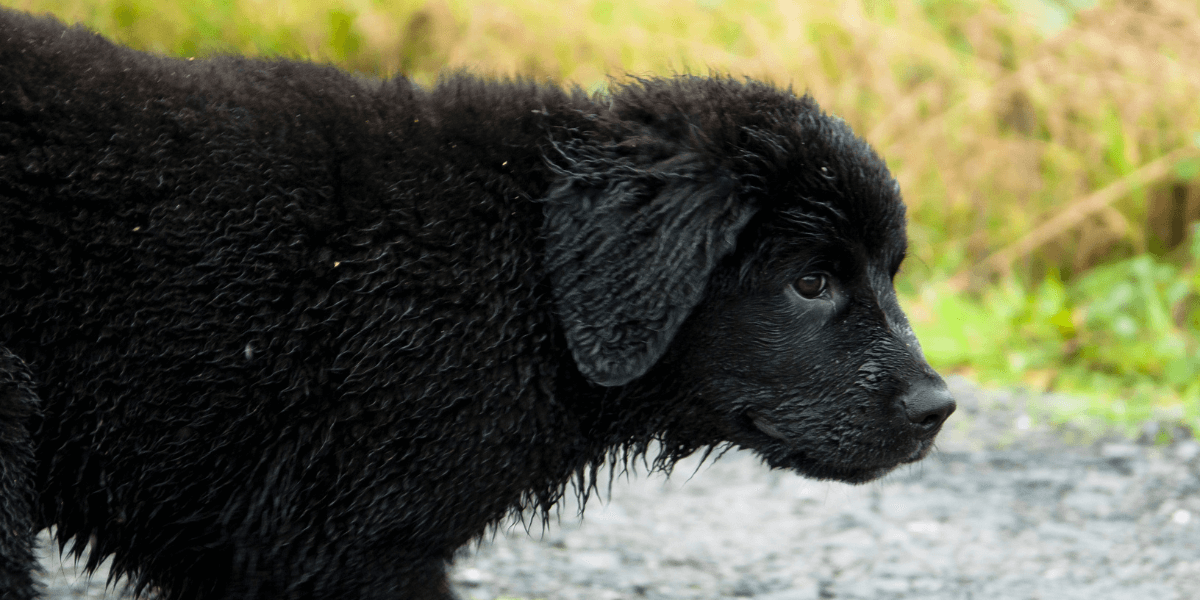
Before bringing a Newfoundland into your home.
It’s essential to consider whether this breed matches your lifestyle.
Here’s a quick rundown of the pros and cons:
-
Pros:
- Gentle, loving temperament
- Great with children and other pets
- Loyal and protective
-
Cons:
- High grooming needs
- Requires space due to their large size
- Prone to certain health issues
If you’re prepared for the commitment of caring for a large breed with unique needs
A Newfoundland could be the perfect addition to your family
FAQs
1. What is the Ultimate Guide to Newfoundlands about?
- It covers everything you need to know about Newfoundlands
2. Are Newfoundlands good family dogs?
- Yes, they're gentle, patient, and great with kids
3. How much exercise do Newfoundlands need?
- They need moderate exercise to stay healthy and happy
4. What are common health issues in Newfoundlands?
- Watch for hip dysplasia and heart conditions
5. How do I groom a Newfoundland?
- Regular brushing and occasional baths are essential
6. What is the lifespan of a Newfoundland?
- They typically live between 8 to 10 years
7. Where can I find more tips on Newfoundlands?
- Check out the Ultimate Guide to Newfoundlands for comprehensive advice
Conclusion
- This Ultimate Guide to Newfoundlands helps you confidently care for this loyal breed
- Newfoundlands are loving, and protective, and thrive with proper care and training
- Grooming, exercise, and socialization are key to keeping your Newfoundland happy
- Their gentle temperament makes them ideal companions for families and kids
- Use this guide to ensure your Newfoundland is well-adjusted and lives a fulfilling life
Have questions or want to share your Newfoundland experience?
Leave a comment below—we’d love to hear from you!
References
For more detailed information on The Ultimate Guide to Newfoundlands, check:
- Orthopedic Dog Beds for Large Dogs: A Comprehensive Guide
- The Ultimate Guide to Newfoundlands
- Top Orthopedic Beds for Large Dogs with Hip Dysplasia
- Newfoundland Growth & Weight Chart: Everything You Need to Know
- The Newfoundland Dog: A Guide to This Lovable Giant
- The Complete Guide to Dog Grooming: With Vet-Approved Tips
You’ll be well-prepared to provide the best care for your Newfoundland!
Thank you!




